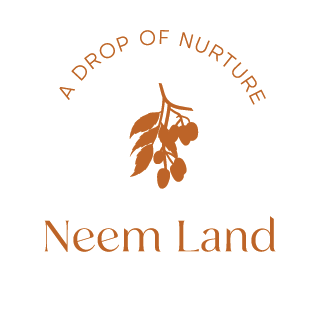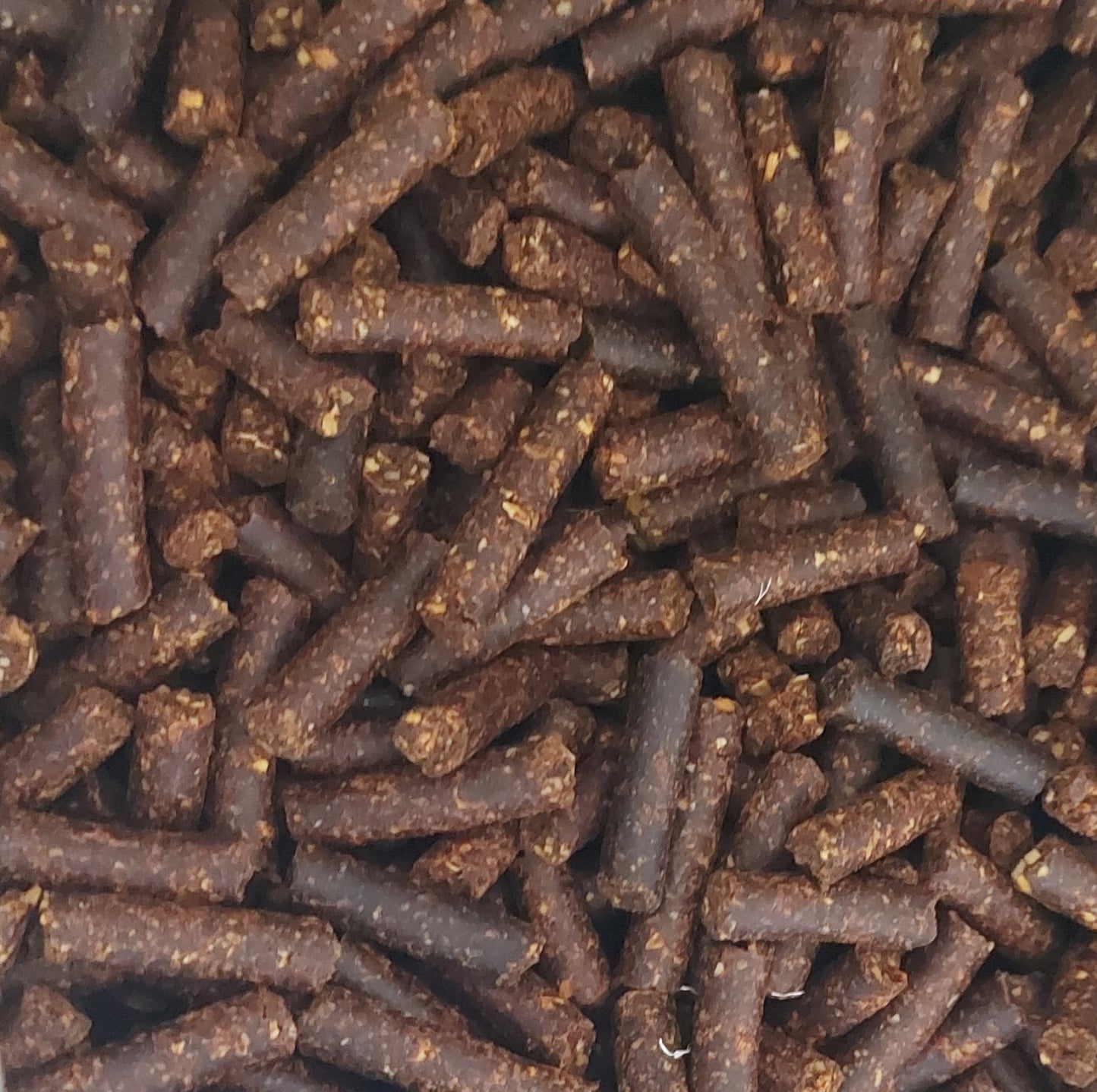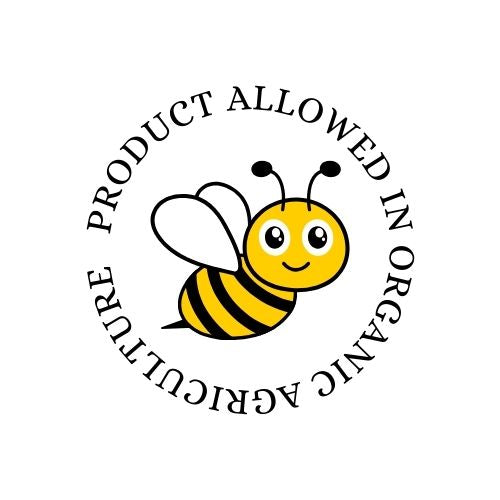As more gardeners turn to sustainable practices, the demand for organic fertilizers has grown significantly. Unlike chemical fertilizers, organic options improve soil health and support long-term plant growth without harming the environment. In this guide, we’ll explore the benefits of organic fertilizers, provide tips for selecting the right ones for your plants, and share best practices for their application. Whether you're a novice or an experienced gardener, this guide will help you cultivate a thriving, eco-friendly garden.
Why Choose Organic Fertilizers?
Organic fertilizers offer a host of benefits that make them an excellent choice for gardeners:
-
Improved Soil Health: Organic fertilizers enhance soil structure and promote the activity of beneficial microorganisms, which aid in nutrient cycling and plant growth.
-
Environmental Safety: They are made from natural materials and break down without leaving harmful residues, making them safe for the environment.
-
Sustainable Nutrient Release: Organic fertilizers release nutrients slowly, providing a steady supply over time, which reduces the risk of nutrient leaching.
-
Enhanced Biodiversity: By improving soil health, organic fertilizers support a diverse range of soil organisms, fostering a balanced ecosystem.

Types of Organic Fertilizers
Here are some of the most popular organic fertilizers, including neem oil and neem cake, that you can use to enrich your garden soil:
1. Compost
- Description: Compost is decomposed organic matter made from kitchen scraps, garden waste, and other biodegradable materials.
- Benefits: It improves soil structure, adds nutrients, and enhances water retention.
- Application Tips: Add compost to your garden beds as a soil amendment before planting or use it as a mulch around established plants.
2. Manure
- Description: Manure is animal waste that has been composted and aged to reduce pathogens and odor.
- Benefits: It is rich in nitrogen, phosphorus, and potassium, essential nutrients for plant growth.
- Application Tips: Use well-rotted manure as a soil amendment or side dressing. Be careful not to apply fresh manure directly, as it can burn plants.
3. Bone Meal
- Description: Bone meal is a finely ground powder made from animal bones, high in phosphorus and calcium.
- Benefits: It promotes root development and flowering.
- Application Tips: Mix bone meal into the soil at planting time for root crops and flowering plants.
4. Fish Emulsion
- Description: Fish emulsion is a liquid fertilizer made from decomposed fish, rich in nitrogen.
- Benefits: It provides a quick nutrient boost to plants and is ideal for leafy greens.
- Application Tips: Dilute fish emulsion with water and apply as a foliar spray or soil drench every few weeks.
5. Neem Oil and Neem Cake
-
Neem Oil: While primarily used as a natural pesticide and fungicide, neem oil can also benefit plants by promoting healthy foliage and deterring pests.
- Benefits: Effective against a wide range of pests and safe for beneficial insects when used properly.
- Application Tips: Apply neem oil as a foliar spray to control pests and prevent fungal diseases. Mix with water according to the manufacturer's instructions.
-
Neem Cake: Neem cake is the byproduct of cold-pressed neem seeds, used as a fertilizer and soil conditioner.
- Benefits: It enriches the soil with nutrients and deters soil-borne pests like nematodes.
- Application Tips: Incorporate neem cake into the soil before planting or use it as a top dressing around established plants.
6. Seaweed Extract
- Description: Seaweed extract is derived from marine algae and is rich in trace minerals and plant growth hormones.
- Benefits: It stimulates root growth, enhances plant vigor, and improves resistance to stress.
- Application Tips: Apply as a foliar spray or soil drench, and use it in conjunction with other fertilizers for best results.
Choosing the Right Organic Fertilizer
To select the best organic fertilizer for your garden, consider the following factors:
-
Soil Test Results: Conduct a soil test to determine nutrient deficiencies and select fertilizers that address those specific needs.
-
Plant Requirements: Different plants have different nutrient requirements. Choose fertilizers that match the needs of your plants.
-
Growth Stage: Use nitrogen-rich fertilizers during the vegetative stage and phosphorus-rich ones during flowering and fruiting.
-
Environmental Conditions: Consider factors such as climate, soil type, and drainage when selecting fertilizers.
Best Practices for Applying Organic Fertilizers
- Timing: Apply fertilizers at the right time, such as during planting or at key growth stages, to maximize nutrient uptake.
- Dosage: Follow the manufacturer’s instructions for dosage to avoid over-fertilization, which can harm plants and the environment.
- Method: Use the appropriate application method, whether broadcasting, side dressing, or incorporating into the soil.
Final Thoughts
Organic fertilizers are an essential component of eco-friendly gardening, offering sustainable solutions for plant nutrition and soil health. By understanding the benefits and applications of various organic fertilizers, including neem oil and neem cake, you can cultivate a lush, thriving garden while contributing to a healthier planet.
Call to Action
Ready to go organic? Explore our range of premium organic fertilizers, including neem oil and neem cake, to give your garden the natural boost it needs. Share your gardening success stories in the comments below and subscribe to our blog for more eco-friendly gardening tips.









